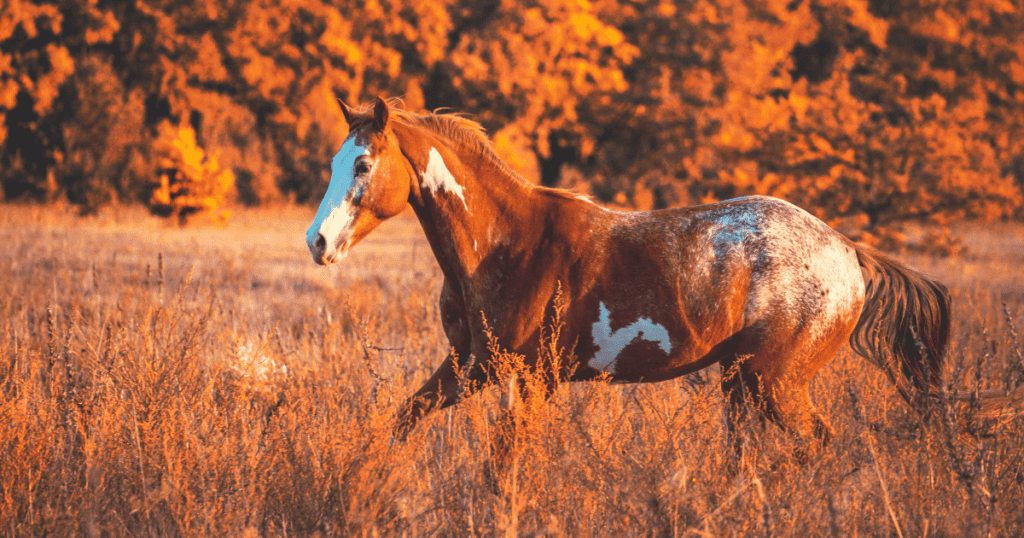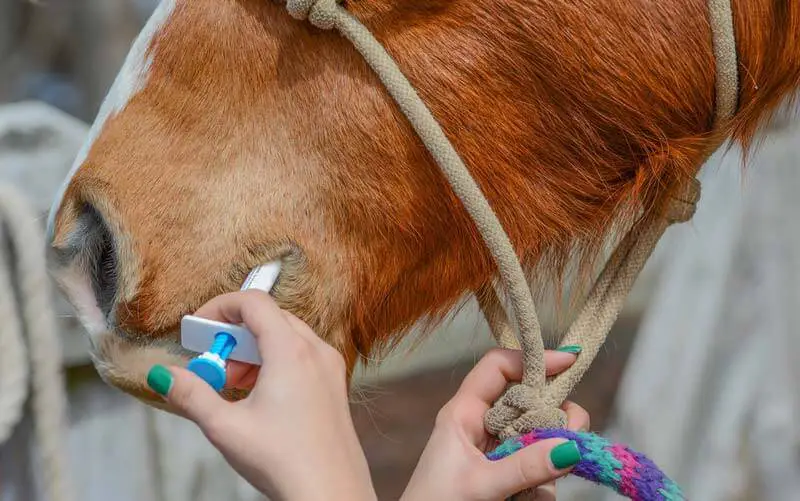Summer is one of the best seasons for horse riding. The warmer weather and longer days make it easier to enjoy hacking, schooling and competing. But, these seasonal changes can also affect your horse’s health. We share 12 Tips for Summer Horse Care.

12 Tips for Summer Horse Care
1. Keep your horse hydrated
First on our list of Tips for Summer Horse Care and its very important. Every horse should have unlimited access to fresh, clean drinking water at all times of the day and night. Learn how to recognise if your horse is dehydrated and how to keep them hydrated, particularly after intense exercise, by clicking here.
2. Slip, slop, slap
Sunburn hurts and the sun’s harmful UV rays can cause severe damage to your horse’s sensitive pink skin if not protected. Slip on a lightweight rug, slop on some zinc and slap on a fly mask when the sun is at its strongest.
3. Cold water hose after intense exercise
Following intense exercise or competition where your horse has sweated profusely, tepid water hosing is incredibly helpful at reducing body core temperature. Tepid water hose, scrape off excess water and repeat until your horse shows visible signs of cooling down.
4. Check for over-heating when rugged
If your horse wears a lightweight rug throughout the day, be sure to check for signs of over-heating regularly. Place your hand under your horse’s rug and check for heat or sweating on their neck, shoulder and over their ribs.
5. De-worm your horse
Parasites, like flies and worms, thrive in warm, moist conditions, making Summer an ideal time for them to quickly become a burden to your horse. Speak with your veterinarian about faecal egg counts to ensure you’re using the most effective worm control for your property.
6. Ensure your horse receives salt
Interestingly, salt is one of the only minerals that horses actively seek out. A horse deficient in sodium may lick objects that are salty, including our hands. Provide your horse with 25g of salt in their daily feed and hang a salt block within easy reach, but not low enough to be a hazard.
7. Check your feed and water regularly
During the Summer heat, commercial horse feeds can go rancid and water troughs can become stagnant – creating an environment for algae and mosquito breeding. Be sure to check your feed and water supplies often to ensure they remain fresh for safe consumption.
8. Warm up and warm down
With warm temperatures comes the risk of over-heating your horse during exercise. Ensure you allow adequate time for a warm up and warm down, both when at home and away competing. You should try to ride during the cooler parts of the day or even at night if you have access to facilities.
9. Float your horse in the mornings or evenings
Likewise, try to avoid transporting your horse at midday when the sun is at its peak. Aim to transport your horse during the early mornings or late evenings when it’s cooler. You should also create as much airflow as possible and stop frequently if travelling over long distances.
10. Prevention is better than cure
Vaccinations, dental and hoof care should be maintained year-round. During Summer, bat populations may increase in your area, so consider protecting your horse and all those who come into contact with them by vaccinating against Hendra virus.
11. Provide your horse with shade
The shade offered by trees is actually cooler than man-made shelters, so try to keep your horse in a paddock that has plenty of tree cover. Just be mindful of any trees that attract bats in Queensland and New South Wales. These should be removed or fenced off from horses to prevent grazing underneath (highest risk of contact with bat bodily fluids thus Hendra).
12. Know your horse’s vital signs
The final tips for Summer Horse Care is, as a horse owner, you are the first to notice if your horse is unwell or injured. You should be well aware of your horse’s normal vital signs, so you can quickly diagnose if something is wrong when these change.



